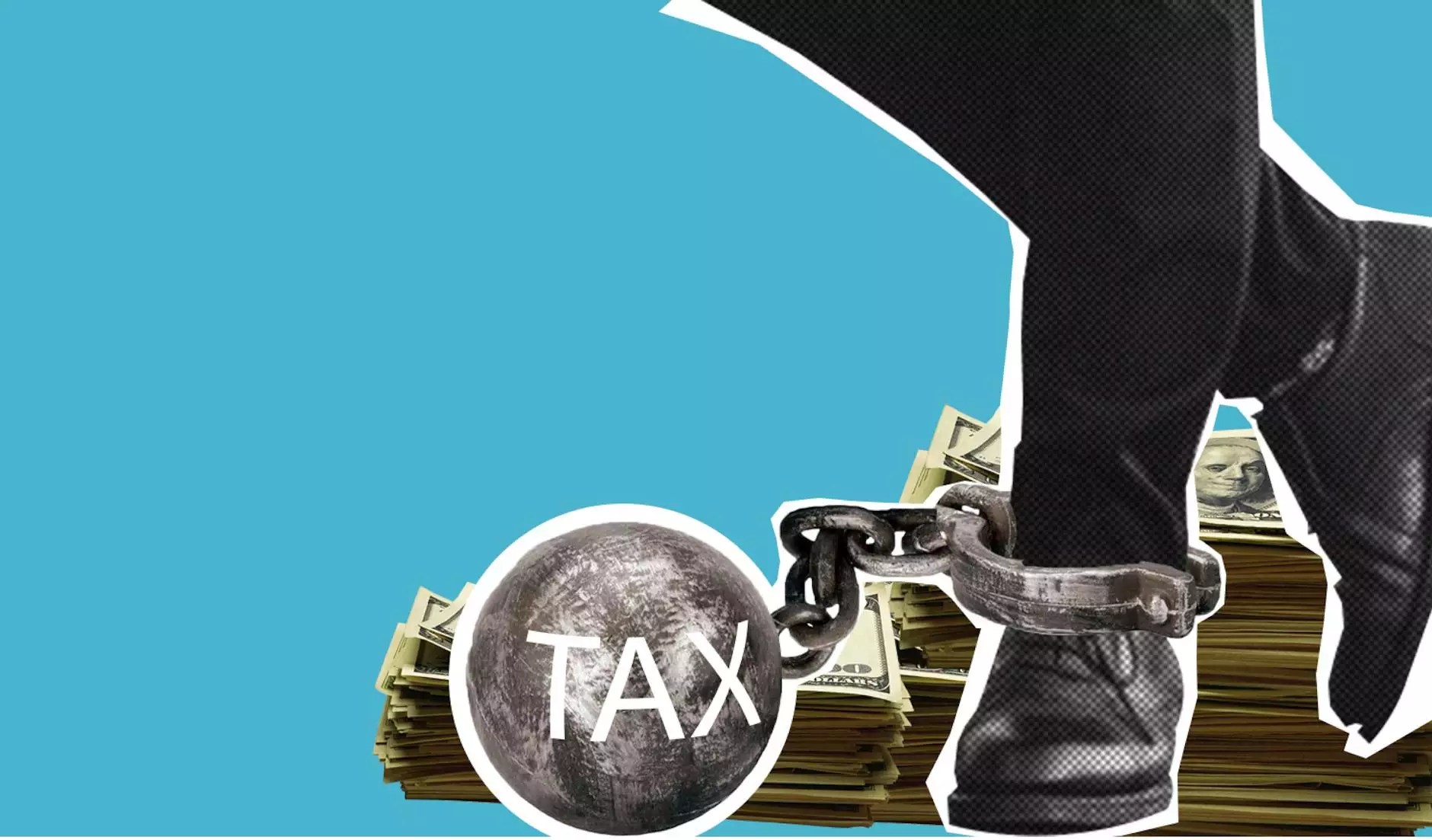Learn English Grammar - IN + TIME PERIOD
English Grammar Lessons
The Importance of Understanding 'IN' with a Time Period
At NJCLT, we strive to provide comprehensive English lessons to help you enhance your language skills and fluency. In this free English lesson, we will focus on the usage of the preposition 'in' with a time period.
Understanding the correct usage of 'in' is crucial in mastering English grammar. It allows you to express specific time frames, durations, and periods accurately. By acquiring this knowledge, you will be able to communicate more effectively and precisely in various situations.
Using 'IN' for Months, Years, and Seasons
One common usage of 'in' is to indicate months, years, and seasons. For example, you would say:
- I was born in July.
- We traveled to France in 2020.
- The weather is lovely in spring.
By understanding this usage, you will be able to express specific points in time accurately.
Using 'IN' for Time Periods in General
'In' is also used to talk about time periods in general. It helps in indicating the duration of an action or event. Consider the following examples:
- The project will be completed in a few weeks.
- She learned to play the guitar in six months.
- I will graduate in a couple of years.
These examples demonstrate the versatility of 'in' when discussing time periods.
Using 'IN' for Specific Time of Day
'In' is also utilized to indicate a specific time of day. The examples below illustrate this:
- The meeting is scheduled in the morning.
- She always takes a walk in the evening.
- I usually have coffee in the afternoon.
Understanding this usage will enable you to express specific times of the day accurately.
Using 'IN' for Extended Time Periods
'In' can also be used to express extended time periods, such as decades, centuries, or even eras. Consider the following examples:
- The Industrial Revolution took place in the 18th century.
- We made significant progress in the last decade.
- Shakespeare lived in the Renaissance era.
By familiarizing yourself with this usage, you will be able to discuss historical events and longer time spans effectively.
Conclusion
Mastering the usage of 'in' with a time period is essential for developing a strong command of the English language. By understanding its various applications - whether for months, years, seasons, general time periods, specific times of the day, or extended time frames - you will be able to communicate more precisely and confidently.
Take advantage of our free English lesson at NJCLT to enhance your English grammar skills further. Start improving your language proficiency today!
© 2022 NJCLT. All rights reserved.










